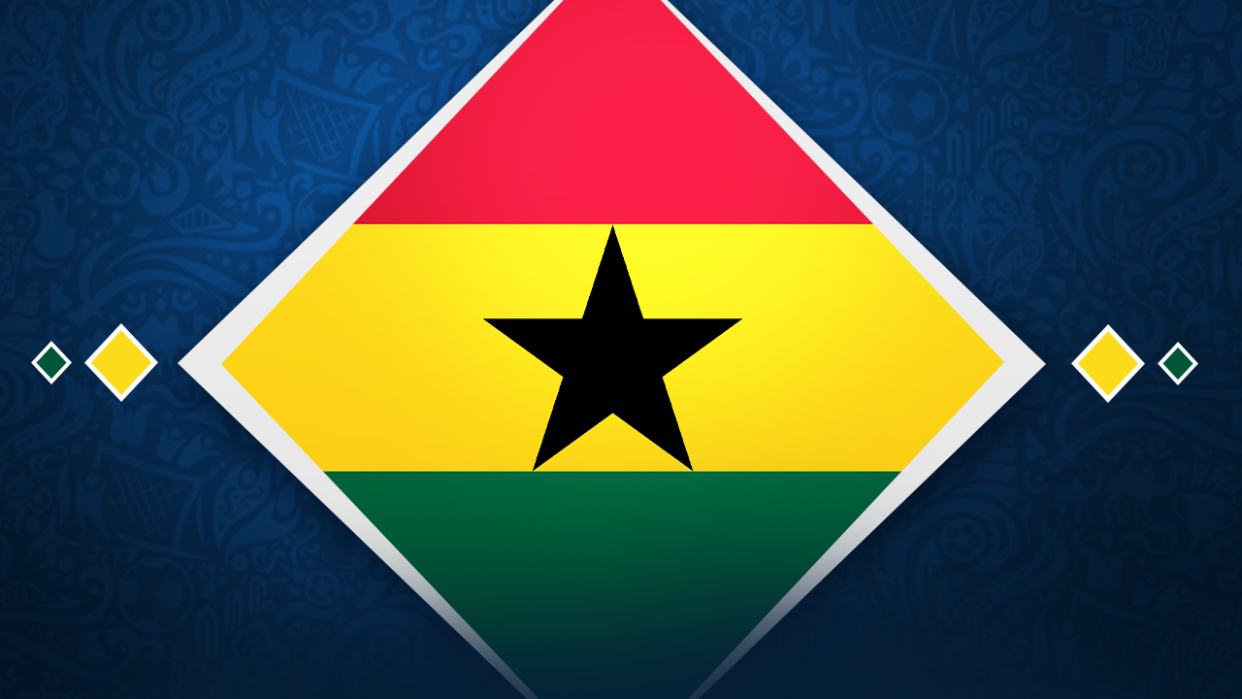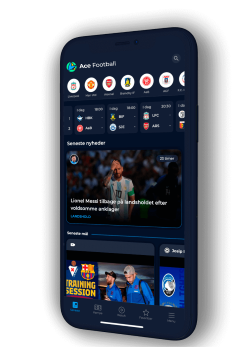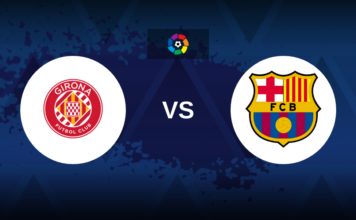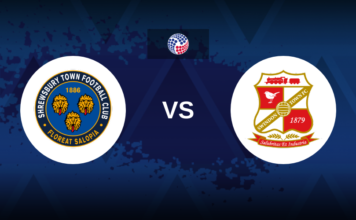It’s a bitter pill for Ghanaians to swallow: for the first time in 20 years, the Black Stars will likely not appear at the Africa Cup of Nations (AFCON).
With faint hope lingering, Ghana’s football community watches as their national team stands on the brink of missing out unless they secure the next two wins and Sudan stumbles dramatically. Yet, realism demands that the country face the hard truths.
AFCON has expanded to 24 teams, allowing nearly half of Africa’s 54 nations a place on the stage. Yet, Ghana—a nation with a rich football history, a formidable squad, and high expectations—won’t be there. The writing has been on the wall, as evidenced by Ghana’s struggles in recent AFCON tournaments, failing to move beyond the group stage. A decline in youth and women’s teams’ performances reflects a crisis that spans all levels of Ghanaian football.
Fading Glory and Misplaced Hope
The disheartening trend is in stark contrast to the 2006 World Cup squad that captivated fans globally. That team marked Ghana’s entry into the upper echelons of world football, advancing to the quarterfinals, and setting high standards. Back then, qualifying for AFCON wasn’t just an achievement; it was a matter of national pride. Ghana’s football heroes played their way to the top of their groups and consistently reached at least the AFCON quarterfinals, their fans assured of a thrilling ride.
Today, the Ghana squad still boasts top-tier talent—players whose market value places Ghana fourth on the continent. Yet, the results aren’t aligning with the investment and skill. Even more telling, Ghana was one of only two African teams featured in EA Sports’ new game EA FC. Despite high expectations, the Black Stars’ recent failures underscore a discrepancy between perception and reality, one that continues to disillusion fans.
The Vicious Cycle of Change and Stagnation
In the past five years alone, Ghana’s national team has seen six coaching changes, a staggering turnover that mirrors the volatility seen at even the most embattled European clubs. Each new coach enters with high hopes but limited time to make lasting change. When the results fall short, it’s back to square one, with the same administrators choosing the next coach and hoping for a miracle. This cycle, as Albert Einstein famously said, is the “definition of insanity.”
There is a precedent, however, for transformational change in Ghanaian football. The last time Ghana missed out on an AFCON tournament, a reset and a talent surge birthed a new golden era, lifting the Black Stars to heights few imagined. This moment offers a similar opportunity for introspection and change.
Hard Truths and Harder Solutions
In Ghana, the formula for revival doesn’t require a complex blueprint; it requires the commitment to make the uncomfortable choices that have long been avoided. It’s about identifying talent early, nurturing young players through local academies, and building teams with a sense of national pride and cultural unity. While Europe’s Ghanaian diaspora offers some fantastic talent, reliance on these players to “save” the team without integrating them into a cohesive squad has only proven unsustainable. The current strategy often results in players who lack a deep connection to the Black Stars’ ethos, which limits cohesion and motivation.
The days of naming the Black Stars’ first 11 players by heart, when the team felt like an extension of the community, have given way to a roster filled with individuals less familiar with Ghana’s football culture. This passion gap is palpable in both the stands and the locker room.
To restore the Black Stars to their former glory, Ghana must look inward and invest in the hard work of scouting, training, and sustaining homegrown talent. Establishing a system that supports players from a young age, through the ranks of junior and senior teams, will take time but promises long-term results.
Building for the Future
Ultimately, missing the AFCON may serve as the wake-up call Ghanaian football desperately needs. It’s time to focus on the foundational steps: creating sustainable football programs, improving training facilities, and appointing stable, long-term leadership both on and off the field. The frustration and heartbreak of missing the 2024 AFCON can be channeled into a renewed effort to develop players who embody the spirit of Ghanaian football, ones ready to lead the country back to greatness.
Ghanaian football fans have waited long enough; it’s time for the Black Stars to rise again.







